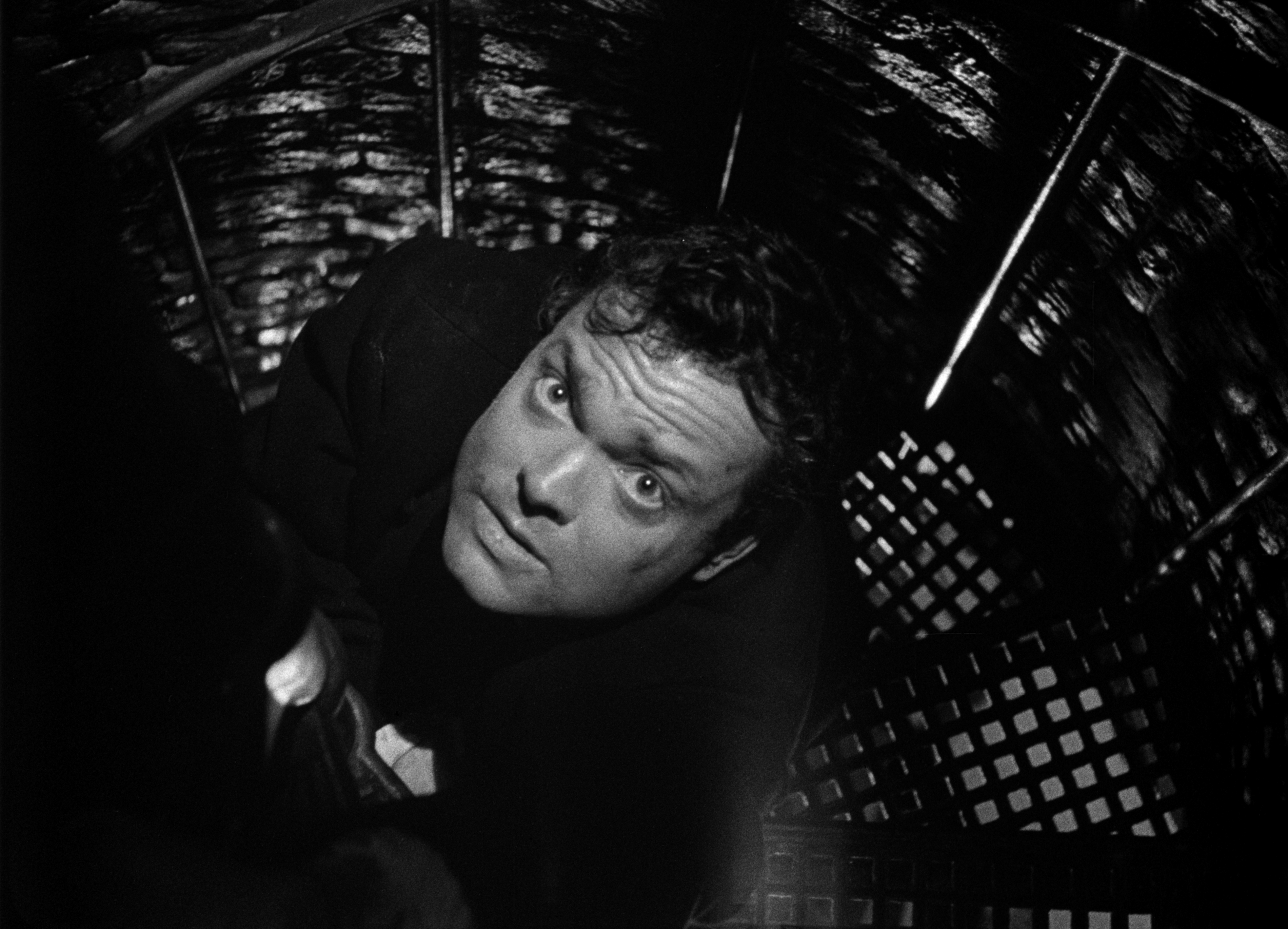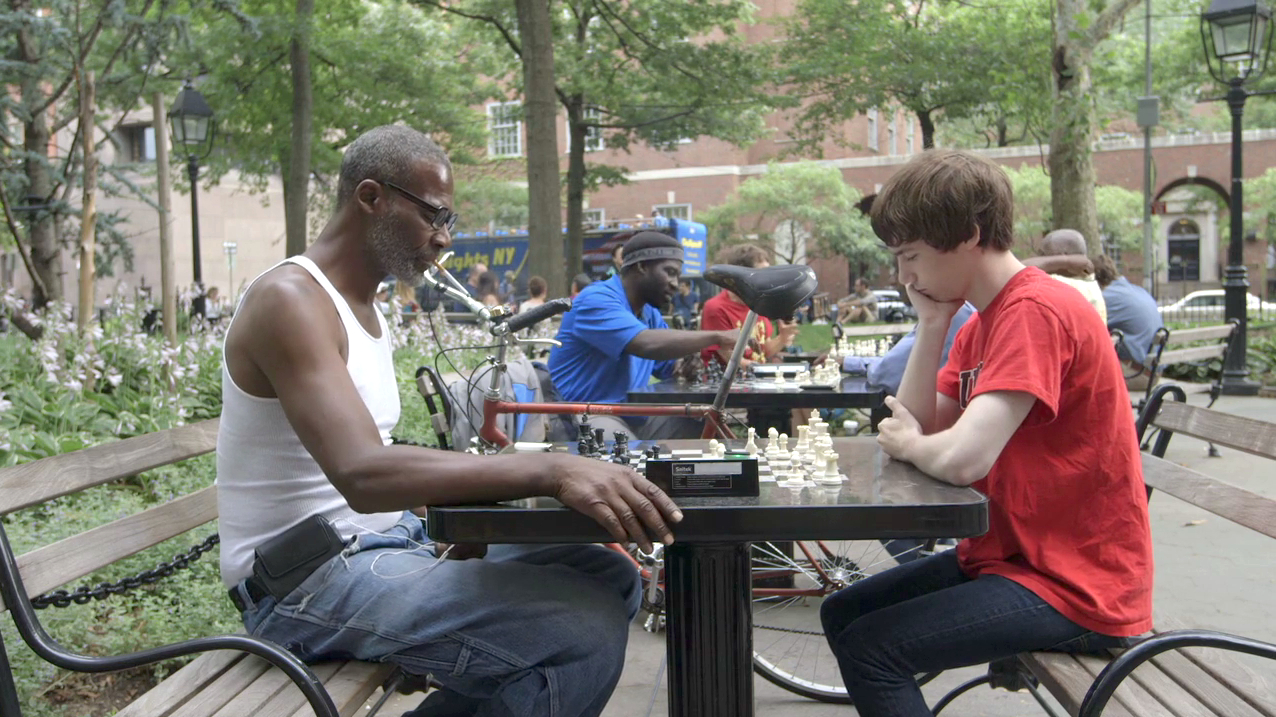THE THIRD MAN – 4K Restoration!
Carol Reed (UK 1949) 92 min. DCP. With Joseph Cotten, Alida Valli, Orson Welles.
In this centenary year of the birth of Orson Welles, arguably the greatest American film artist of the 20th century, the BU Film/Media Series kicks off with the presentation of the first major restoration of The Third Man. Carol Reed’s triumph of atmosphere features one of Welles’ iconic roles: Harry Lime. In rubble-strewn postwar Vienna, Joseph Cotten’s pulp writer Holly Martins arrives to meet up with Lime, his old friend, only to find that he’s dead — or is he? As the supremely naïve Cotten descends through levels of deception, moral choices loom both beneath Vienna, in its dripping sewers, and above, on the gigantic Riesenrad ferris wheel. A Rialto Pictures Release.
Followed by a rare television episode: Around the World with Orson Welles: Revisiting Vienna (1955, 35mm, 26 min.). Print courtesy of the Wisconsin Center for Film and Theater Research.
TOP OF PAGE
Tuesday, September 1 at 7pm
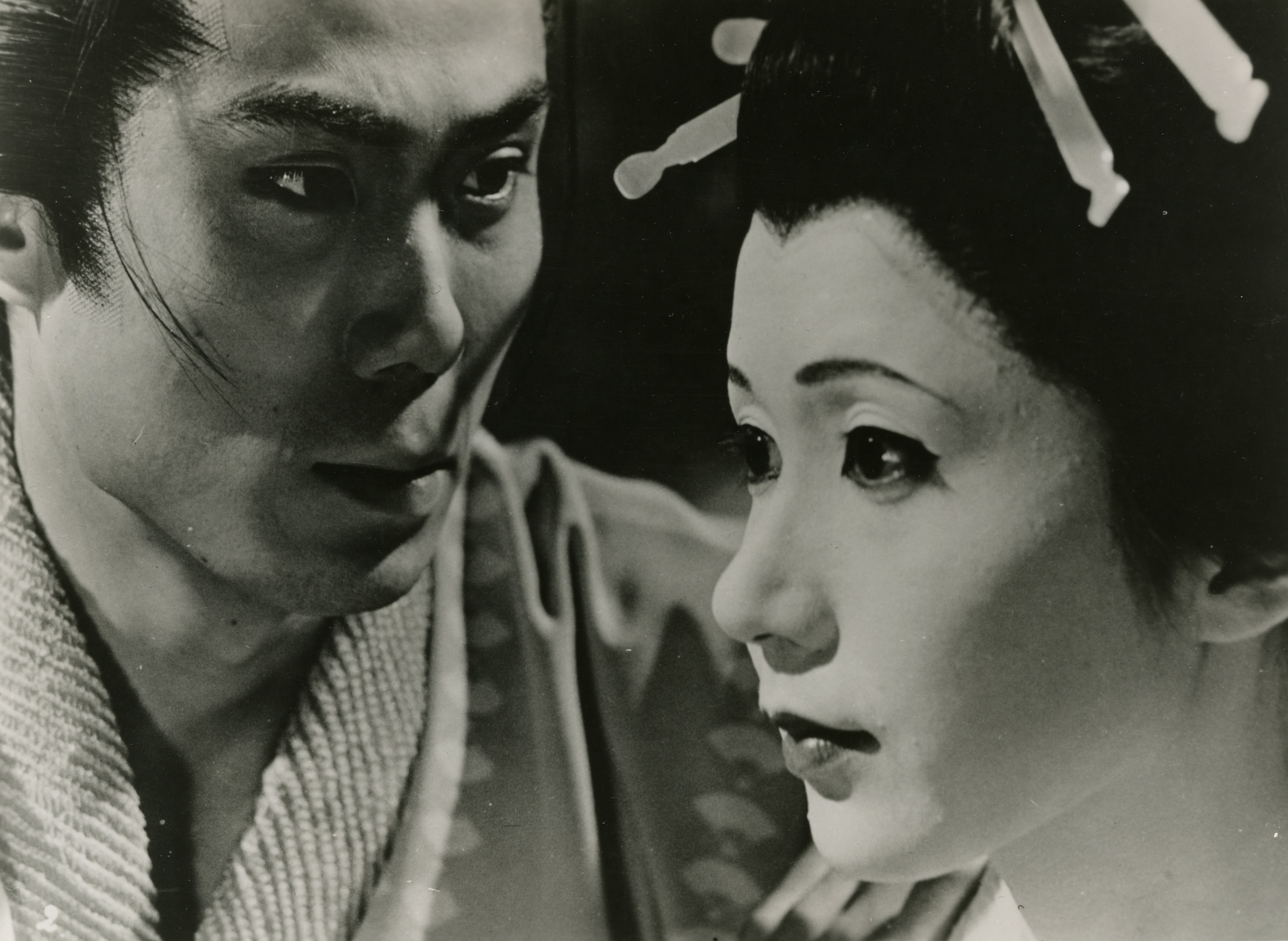
DOUBLE SUICIDE
Masahiro Shinoda (Japan 1969) 104 min. 35MM. With Kichiemon Nakamura, Shima Iwashita, Hosei Komatsu. Japanese with English subtitles.
Many films have drawn from classical Japanese theatrical forms, but none with such shocking cinematic effect as Masahiro Shinoda’s Double Suicide. In this striking re-interpretation of a 1720 bunraku puppet play (featuring the music of famed composer Toru Takemitsu), a paper merchant sacrifices family, fortune and ultimately life for his erotic obsession with a courtesan. Introduced by Professor Erik Lofgren, on conjunction with his course “Passion and Perversion in Japanese Film.” Co-Presented by the Department of East Asian Studies.
“Shinoda has said that ‘no Japanese can die for freedom but it is very Japanese to die for aesthetic purity.’ While many may contest the cultural essentialism of this statement, it gives us a clue to understand Shinoda’s own drive for a crystalline aesthetic expression that gives Double Suicide its potency and makes it one of the truly great achievements of Japanese cinema.” – Anne Rutherford, Senses of Cinema
TOP OF PAGE
Tuesday, September 8 at 7pm
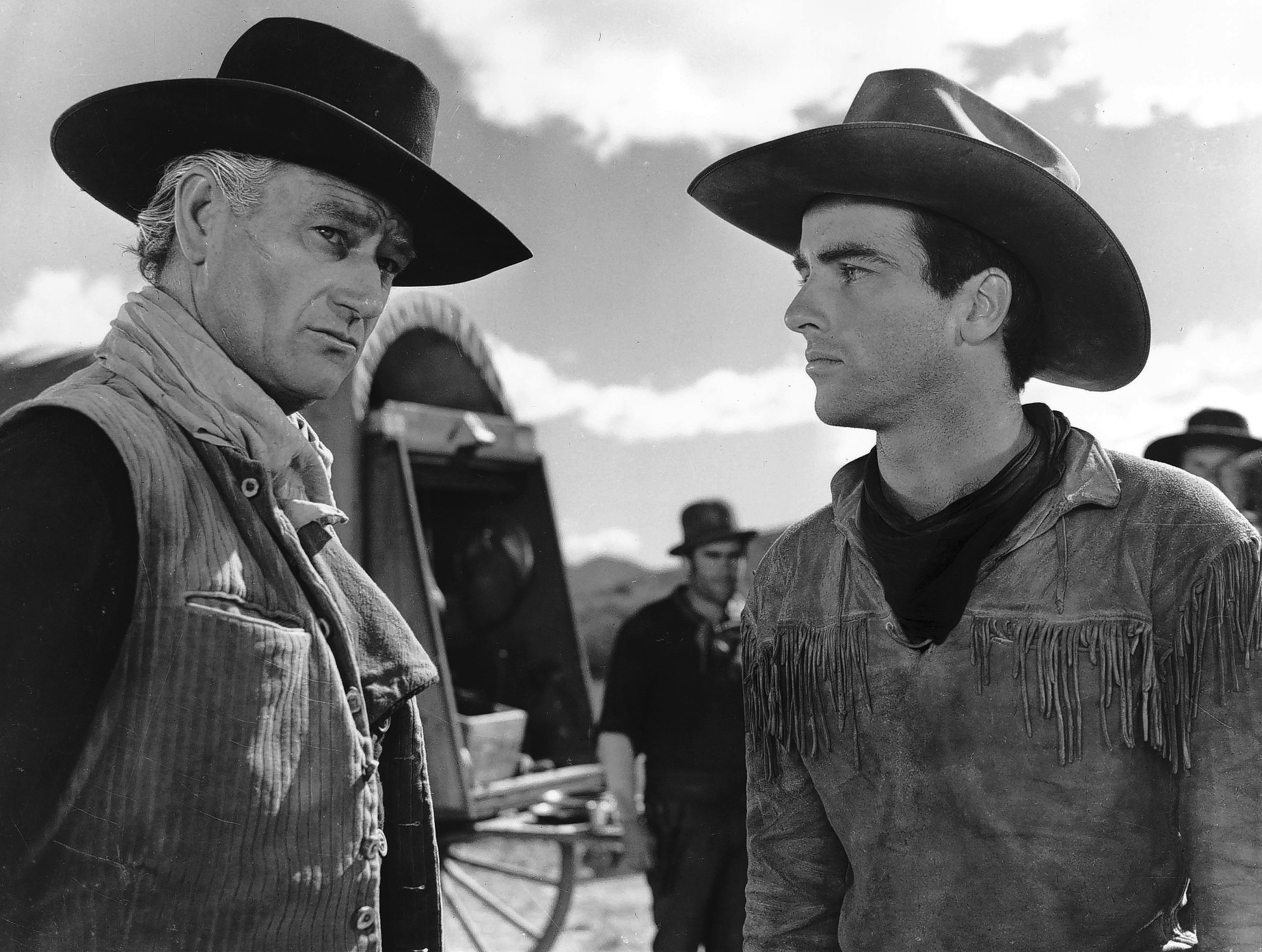
RED RIVER
Howard Hawks (U.S. 1948) 133 min. 35MM. With John Wayne, Montgomery Clift, Walter Brennan.
A classic of the Western genre and arguably Howard Hawks’ greatest film, Red River also established John Wayne as a superstar. The Duke plays an increasingly tyrannical cattle baron driving his men and a herd of 9,000 cattle along the storied Chisholm Trail, across the Texas range to the railhead in Kansas. Hawks’ formidable direction mines the tensions and deep rivers of affection between macho Wayne and his independent-minded adopted son (Montgomery Clift in a breakout performance) for an epic story driven itself by the codes of masculinity that propel the myths of the American West. Screening in conjunction with the course “West, Cowboys, Nature, Myth.” Visit bufilm.blogs.bucknell.edu/west for info about additional screenings this fall.
TOP OF PAGE
Tuesday, September 15 at 7pm
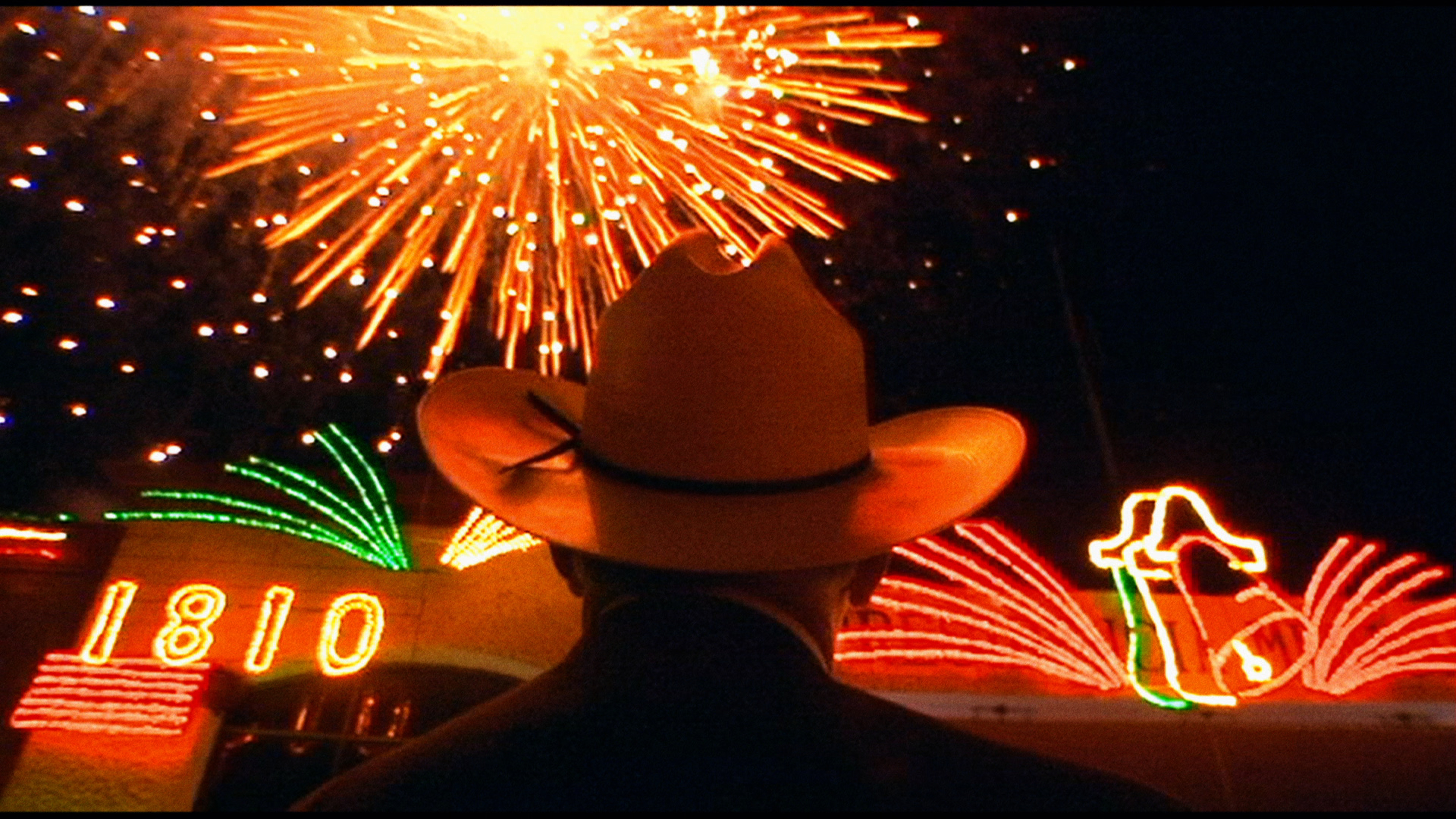
WESTERN – Pennsylvania Premiere!
Turner Ross and Bill Ross IV (U.S. 2014) 93 min. DCP. English and Spanish with English subtitles.
For the third in a series of films critics refer to as their ”Americana trilogy,” Ohio-born documentarians the Ross brothers applied their impressionistic-verité style to the mythic terrain of the American West. In Eagle Pass, Texas, where the U.S. and Mexico meet along the Rio Grande, a fifth-generation cattleman and the longtime mayor face the dawn of a new reality when cartel violence threatens to close the border and divide two communities that have been living together harmoniously for decades. Winner of the U.S. Documentary Special Jury Award for Vérité Filmmaking at the 2015 Sundance Film Festival. Screening in conjunction with the course “West, Cowboys, Nature, Myth.” Visit bufilm.blogs.bucknell.edu/west for info about additional screenings this fall.
“Using images and representations from the classical western genre as their visual entry, the Rosses observe a real-life, unfolding drama on the US-Mexico border. Like their previous films, Western is an intense, detail-rich study of a place, but this time there’s a floating, unique tension between narrative and atmosphere that creates a distinctive experience.” – Robert Greene, Sight & Sound
TOP OF PAGE
Tuesday, September 22 at 7pm
25TH ANNIVERSARY TRIBUTE TO THE FILM FOUNDATION!
One half of all films made before 1950, and over 80% made before 1929, are lost forever. Since its inception in 1990, The Film Foundation, founded and chaired by Martin Scorsese, has helped save nearly 700 titles, from major studio features to avant-garde works, newsreels, documentaries, and “orphan” films. Film lovers, students, scholars and exhibitors around the world are deeply indebted to the Foundation for its critical work.
This program is co-sponsored by the Music Department in conjunction with Jazz at Bucknell.
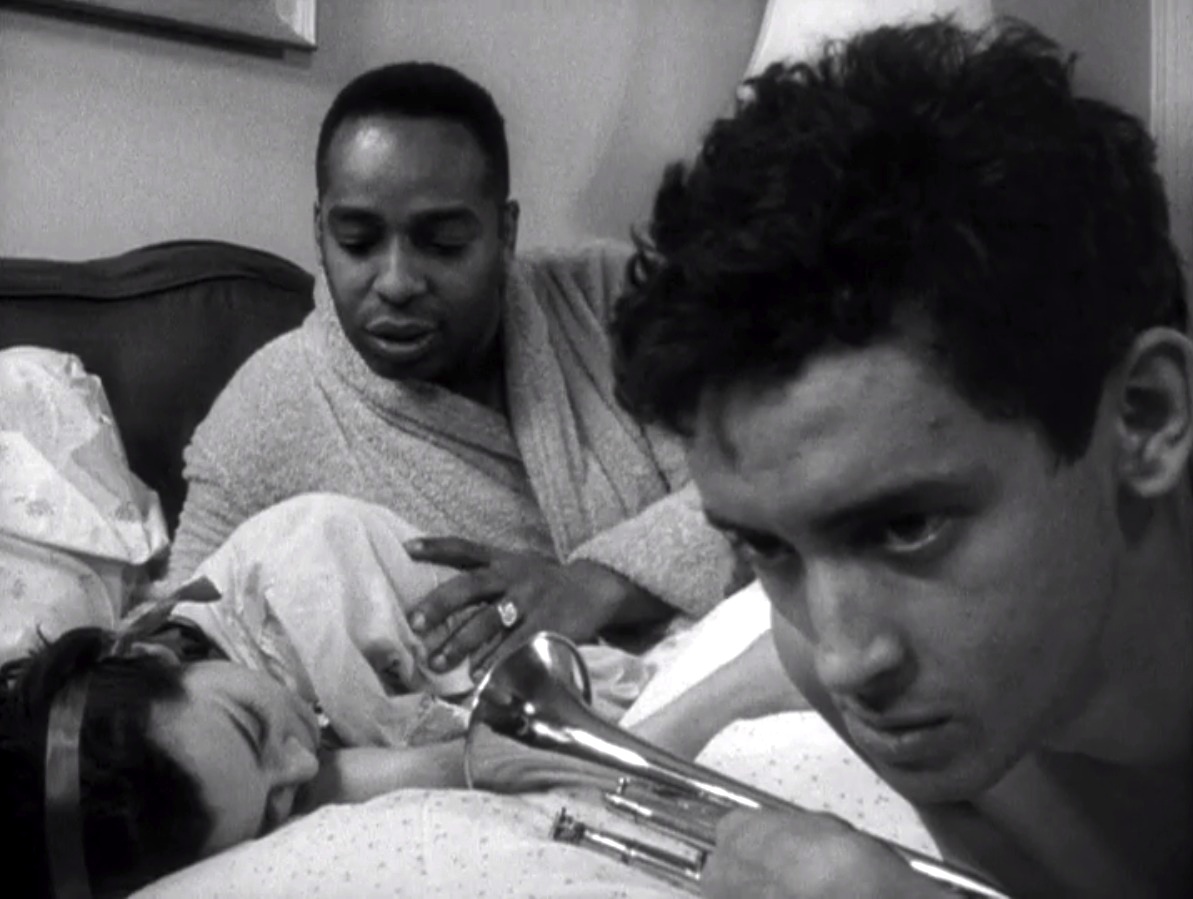
SHADOWS– Restoration Print!
John Cassavetes (U.S. 1959) 81 min. 35MM. With Lelia Goldoni, Tony Ray, Hugh Hurd.
John Cassavetes shot his pioneering first feature in 16mm on a miniscule budget, on location in Manhattan and with a mostly nonprofessional cast and crew. His subject was bohemian, intellectual New York life, in particular the relationships among three siblings – two of whom are passing as white – and between the sister and her boyfriend, who reacts badly when he meets her darker-skinned jazz singer brother. Famously featuring original music from jazz great Charles Mingus and his alto saxophonist, Shafi Hadi, Shadows is a penetrating and iconoclastic work that is widely considered the forerunner of the American independent film movement. Preserved by UCLA Film & Television Archive with funding provided by the Hollywood Foreign Press Association and The Film Foundation. Print courtesy of The Film Foundation Conservation Collection at the Academy Film Archive.
“It’s conceivable that Cassavetes made greater films, but this is the one I cherish the most…Rarely has so much warmth, delicacy, and raw feeling emerged so naturally and beautifully from performances in an American film.” — Jonathan Rosenbaum, Chicago Reader
Followed by:
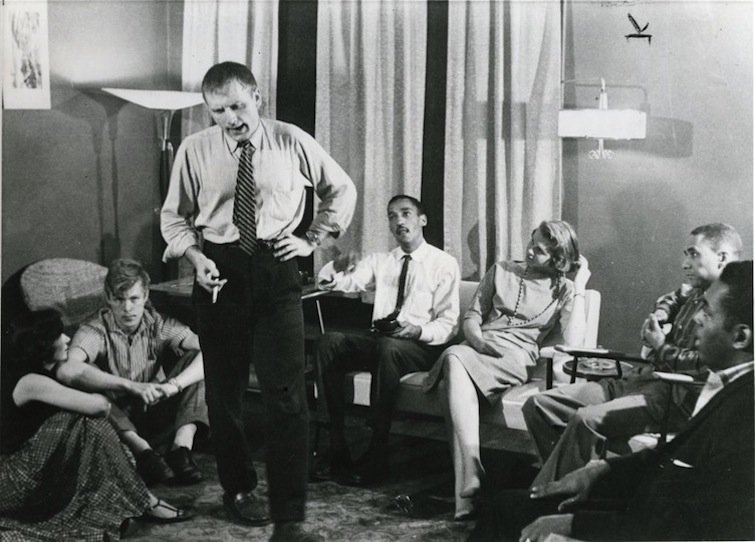
THE CRY OF JAZZ– Restoration Print!
Ed Bland (U.S. 1959) 34 min. 35MM.
The Cry of Jazz stands as one of the most radical films of its era, one of the earliest and most outspoken documentary films made by an African-American. A still controversial and riveting analysis of jazz and African-American culture, the film cuts between street footage of Chicago African-American life and a staged interracial party, with music provided by the singular Sun Ra and his Arkestra, who are seen and heard performing at the height of their swing heyday. This is the only film made by Ed Bland, who went on to have a distinguished career as composer, arranger, and producer for the likes of Dizzy Gillespie, Elvin Jones, and many others. Restored by Anthology Film Archives with funding provided by The Film Foundation.
TOP OF PAGE
Tuesday, September 29 at 7pm
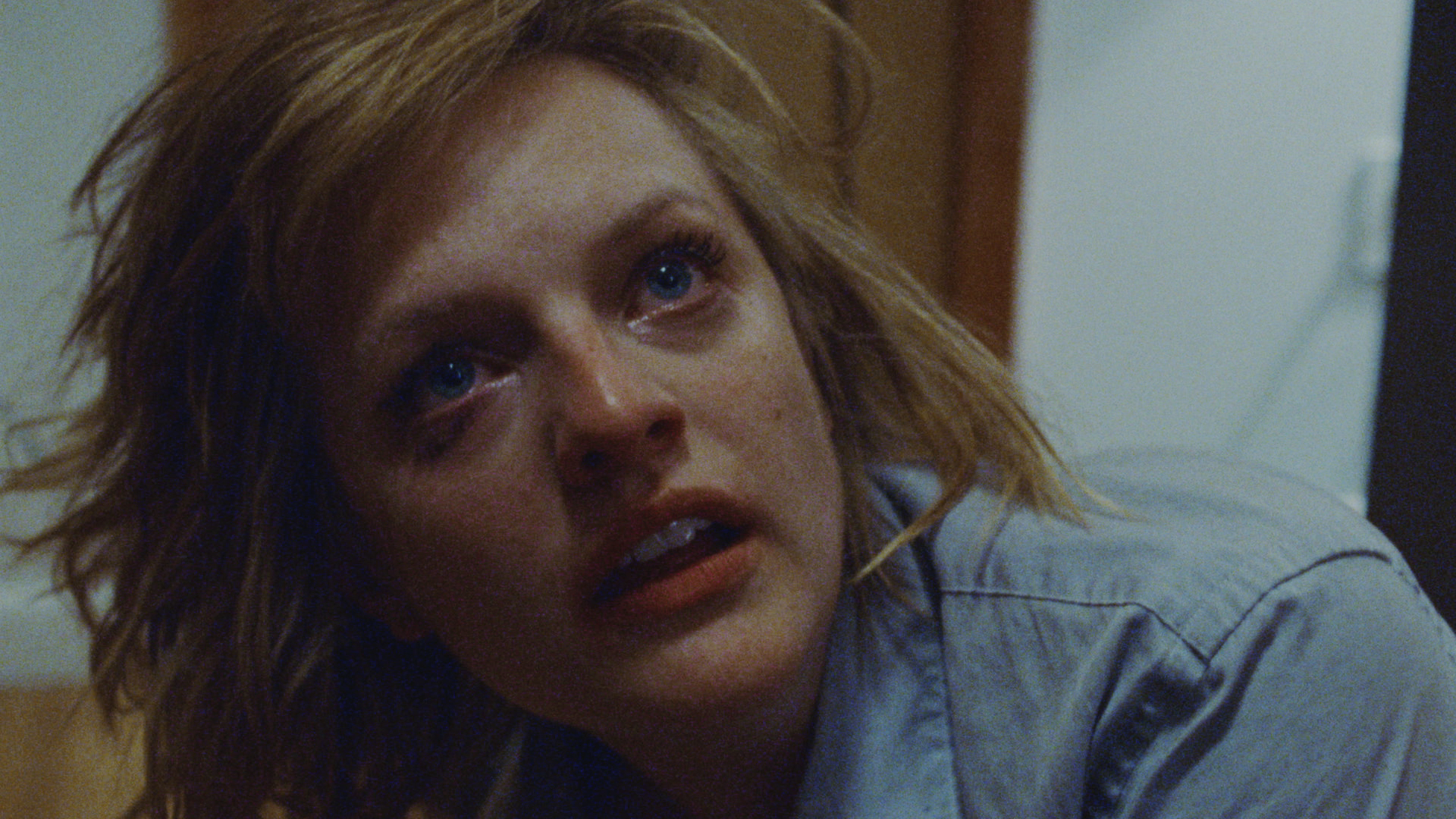
QUEEN OF EARTH – Pennsylvania Premiere, Filmmaker in Person!
Alex Ross Perry (U.S. 2014) 90 min. DCP. With Elisabeth Moss, Katherine Waterston, Patrick Fugit.
In his fourth and most unnerving feature, Alex Ross Perry once again expands his range and reconfirms his promise as a singular independent filmmaker with this bracing psychodrama. On the heels of her father’s death, Catherine (Moss) is dumped by her boyfriend and absconds to the refuge of her best friend’s lake house. Its idyllic setting is the stage on which Perry plays out an intensely intimate friendship between two women, a bond acutely tested by frayed nerves. Commended for its performances, 16mm cinematography and minimalist score, Queen of Earth is an intricately orchestrated examination of isolation and delusion.
Queen of Earth’s “thrills, conceived in the Polanski mold, are highly concentrated and deftly realized, registered on a heady pitch somewhere between Jacob’s Ladder and Knife in the Water. …This is vigorous, frightening, electrifying stuff.” – Calum Marsh, The Village Voice
TOP OF PAGE
Tuesday, October 6 at 7pm
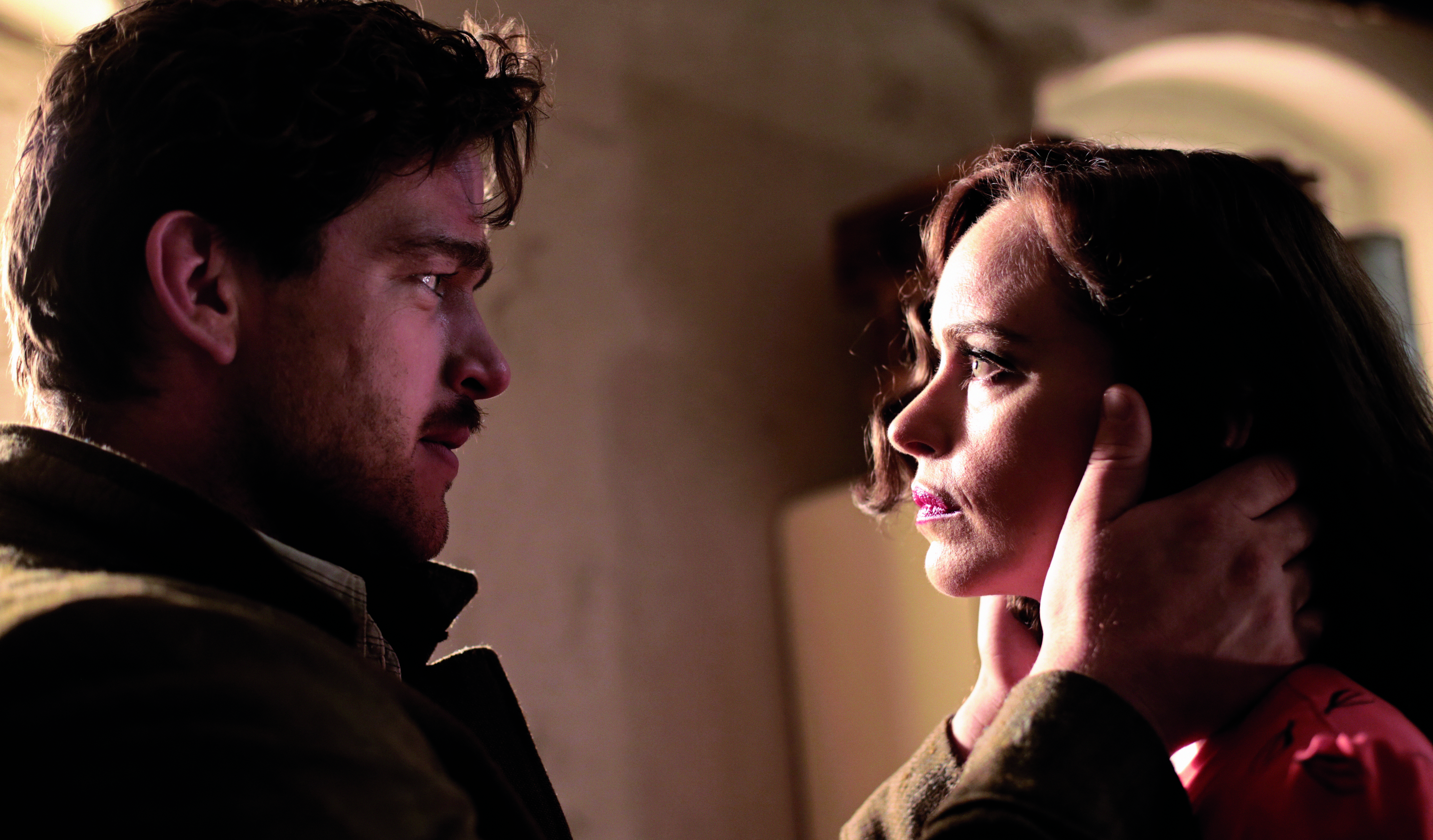
PHOENIX– Central Pennsylvania Premiere!
Christian Petzold (2014 Germany) 98 min. 35MM. With Nina Hoss, Ronald Zehrfeld, Nina Kunzendorf. German with English subtitles.
Acclaimed director Christian Petzold’s new film is a spellbinding mystery that channels Vertigo’s treatment of deception and obsession through the horror and trauma of the Holocaust. Presumed dead by her friends and relatives, a former nightclub singer (Hoss, one of Germany’s best-known theater and film actresses) emerges from a concentration camp with her face severely disfigured. After undergoing reconstructive surgery, she returns to a ravaged post-war Berlin, seeking to repair her shattered identity, in search of a husband who may have betrayed her. Introduced by Bastian Heinsohn, German Studies Program. Co-presented by the German Studies Program.
“What’s remarkable about Phoenix is how its Farockian didacticism—the fact that Nelly would rather try to reclaim her place and her identity in a German society that tried to exterminate her rather than… settle in Palestine—is blended into its drama so that it becomes a film of ideas that is also a film of emotions.” – Adam Nayman, Cinema Scope
TOP OF PAGE
Tuesday, October 13 at 7pm
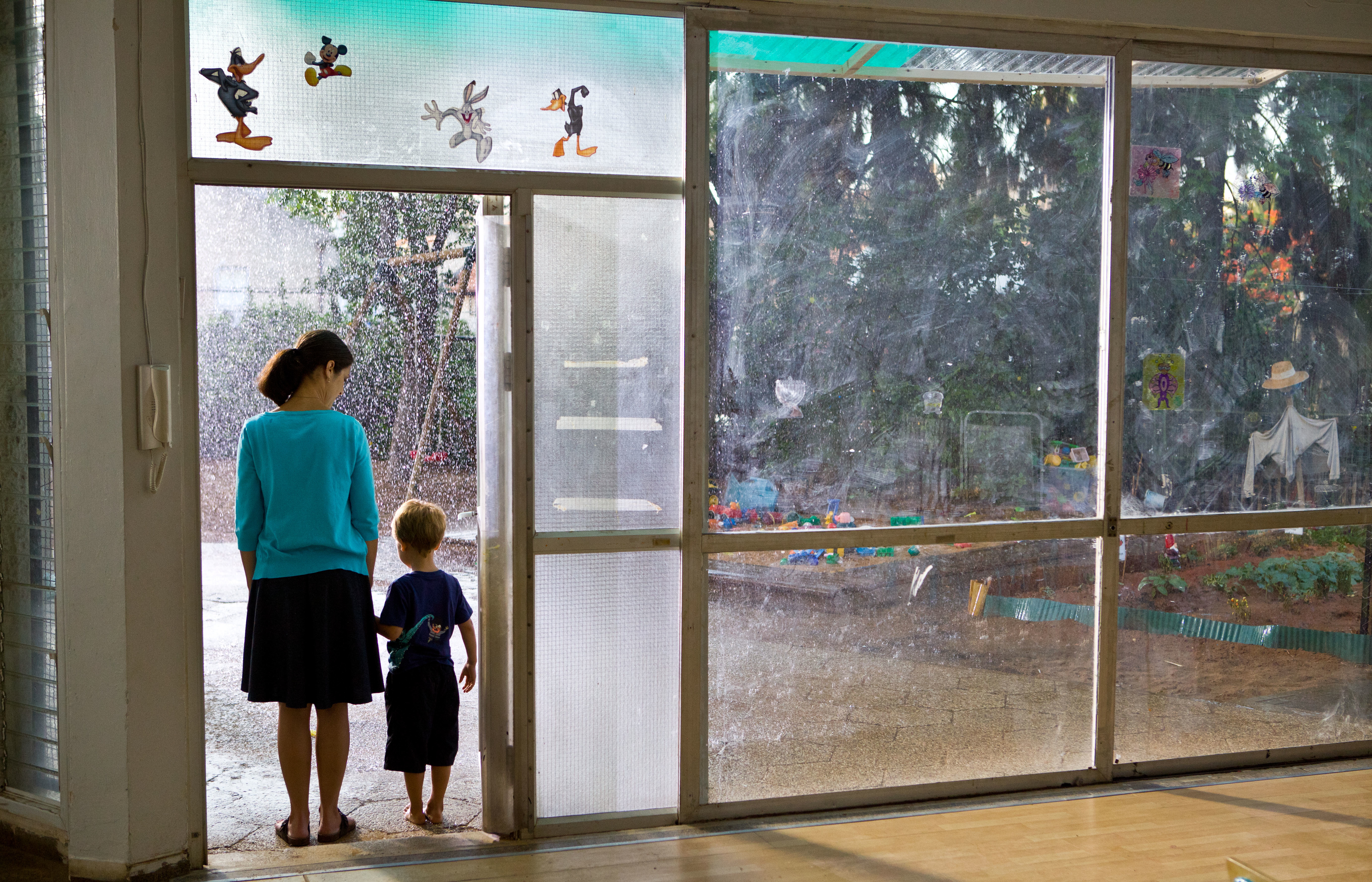
THE KINDERGARTEN TEACHER – Central Pennsylvania Premiere!
Nadav Lapid (Israel 2014) 119 min. DCP. With Avi Shnaidman, Ester Rada, Lior Raz. Hebrew with English subtitles.
Following his critically acclaimed debut Policeman, Nadav Lapid turned to the less overtly political yet still pointed story of Nira, a teacher who becomes at first enchanted, and then ultimately consumed by the poetic genius of her five-year-old student. As Nira’s drab existence is transformed by the spiritual passion the boy inspires in her, she feels increasingly impelled to protect him from corruption, whatever the consequences. Selected as part of the Critics Week series at Cannes, The Kindergarten Teacher was named on the Film Society of Lincoln Center’s list of the 20 best films without distribution in the U.S. in 2014. Fortunately the film has finally reached theaters thanks to KinoLorber distribution.
“A shape-shifting provocation and, un-apologetically, a film of ideas… There is something perversely romantic in the conviction that underlies the film: in an ugly world, beauty still has the power to drive us mad.” – Dennis Lim, Film Comment
TOP OF PAGE
Tuesday, October 20 at 7pm
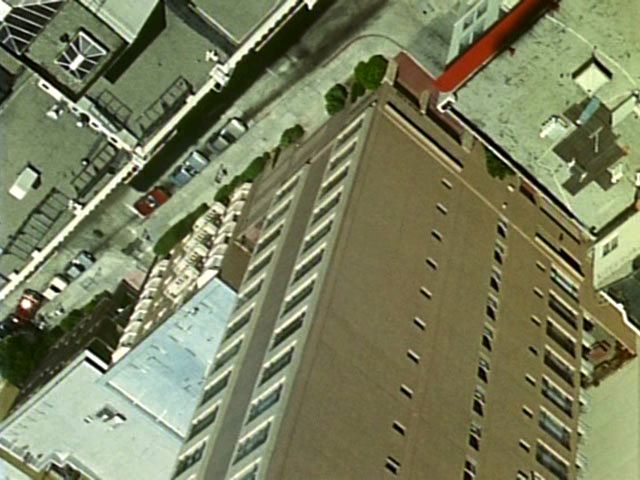
SIDE/WALK/SHUTTLE
Ernie Gehr (U.S. 1991) 41 min. 16MM.
Initially inspired by an outdoor glass elevator and the visual, spatial and gravitational possibilities it presented, Gehr created a master work on par with his avant-garde classic Serene Velocity (1970). Informed by the artist’s personal reflections on a lifetime of displacement and his interest in panoramas and the urban landscape of San Francisco, Side/Walk/Shuttle “is pure sensation: it has the effect of a slow-motion roller coaster. The camera’s stately swoops and stomach-dropping descents obliterate all sense of gravity. San Francisco is so viscerally and obsessively transformed that Gehr might honorably have titled his movie Vertigo” (J. Hoberman, The Village Voice).
Playing with
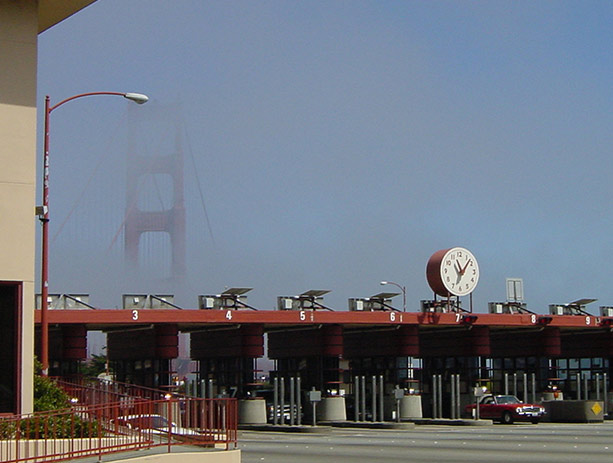
THE JOY OF LIFE
Jenni Olson (U.S. 2004) 65 min.
Olson’s doc-narrative-experimental hybrid charts the life, loves and losses of a butch dyke in San Francisco, lyrically narrated by Los Angeles artist Harriet “Harry” Dodge (By Hook or by Crook). Lust, grief over a friend’s suicide, the making of Frank Capra’s Meet John Doe (a 1941 Hollywood story of suicide) and the previously untold history of the Golden Gate Bridge as a suicide landmark merge in a rumination on physical and emotional geographies. Program introduced by Jason Alley, Postdoctoral Fellow in Anthropology. Co-presented with the Department of Sociology & Anthropology. This program is part of Alley’s semester long series “Cities on Screen.” Visit http://www.bucknell.edu/SociologyAnthropology for more details.
BRETT STORY’S PRISON LANDSCAPES FILM PROJECT – Filmmaker in Person!
Brett Story (Canada 2015) Approx 105 minutes.
From an anti-sex offender pocket park in Los Angeles to an Appalachian coal town betting its future on the promise of prison jobs, from the overnight buses that carry visitors to far away prisons to a congregation of ex-incarcerated chess players shut out of the formal labor market, The Prison in Twelve Landscapes is about the prison as it is found in the front yards, public spaces and social rituals of everyday life. Co-sponsored by the Adams Center, Susquehanna University, the Lewisburg Prison Project and Bucknell’s Departments of Geography, Sociology and Anthropology, Economics, Music, and the Social Justice Residential College.
Tuesday, November 3 at 7pm
FLUXUS FILM: LAUGHTER AND REVOLT
The Fluxus movement of the 1960s-70s centered around Lithuanian-born American artist George Maciunas. The movement asked key questions about the very definition of “art” by making modest and often humorous objects and performances that suggested that “anything can be art and anyone can do it.” This program was inspired by Bucknell’s course “Weird Art, Weird Poetry.” Co-presented by Bucknell’s Department of Art & Art History and introduced by Art History Professor Roger Rothman.
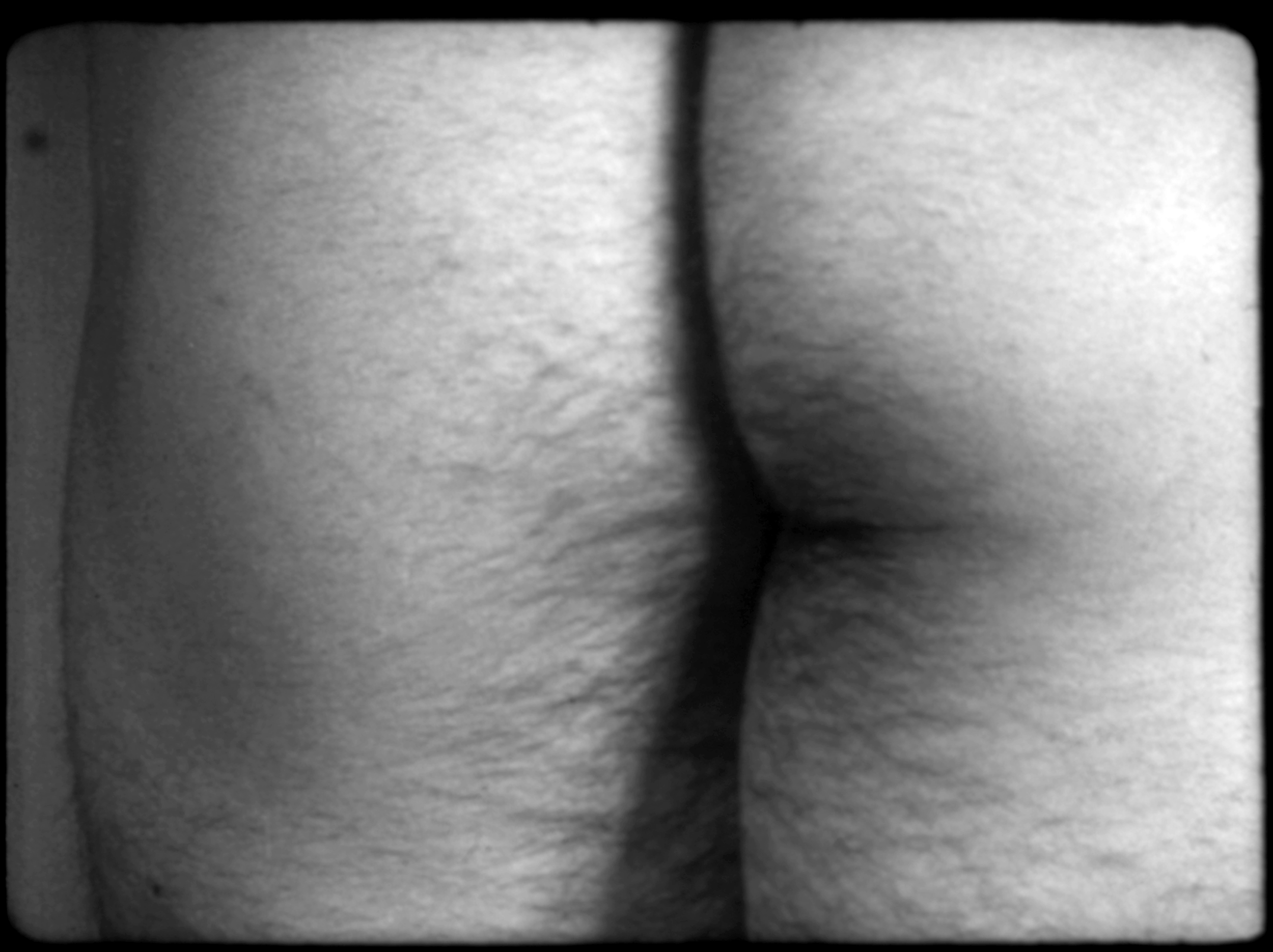
STOCKHAUSEN’S ORIGINALE: DOUBLETAKES
Peter Moore (U.S. 1964-94) 32 min. 16MM.
Peter Moore filmed Stockhausen’s Originale in 1964 with an all-star cast, among them artist and happenings innovator, Allan Kaprow; video and performance artist Nam June Paik; musicians James Tenney, Max Neuhaus, Charlotte Moorman, Alvin Lucier and David Behrman; filmmaker Robert Breer; poets Jackson Mac Low and Allen Ginsberg; and Fluxus artist Dick Higgins.
The music/theater event divided the Fluxus community: outside the concert, Maciunas, Henry Flynt, Ben Vautier, and Tony Conrad picketed due to Stockhausen’s perceived elitism, racism, and cultural imperialism. Moore only began editing the footage shortly before his death in 1993. The film was completed posthumously by his wife and longtime collaborator Barbara Moore and had its New York Premiere in the New Documentaries series at the Museum of Modern Art in 1997.
FLUXFILM PROGRAM
Fluxus (U.S. 1966/70) 40 min. 16MM.
The complete Fluxfilm Anthology lists 41 titles, but the entire assemblage was never projected or distributed; the version presented here was compiled by Maciunas in 1966 for distribution through the Film-makers’ Cooperative. Highlights include Yoko Ono’s Number 4 and Paul Sharits’ Unrolling Event, which speak to Maciunas’ penchant for physical humor and vaudevillian sight gags.
TOP OF PAGE
Tuesday, November 10 at 7pm
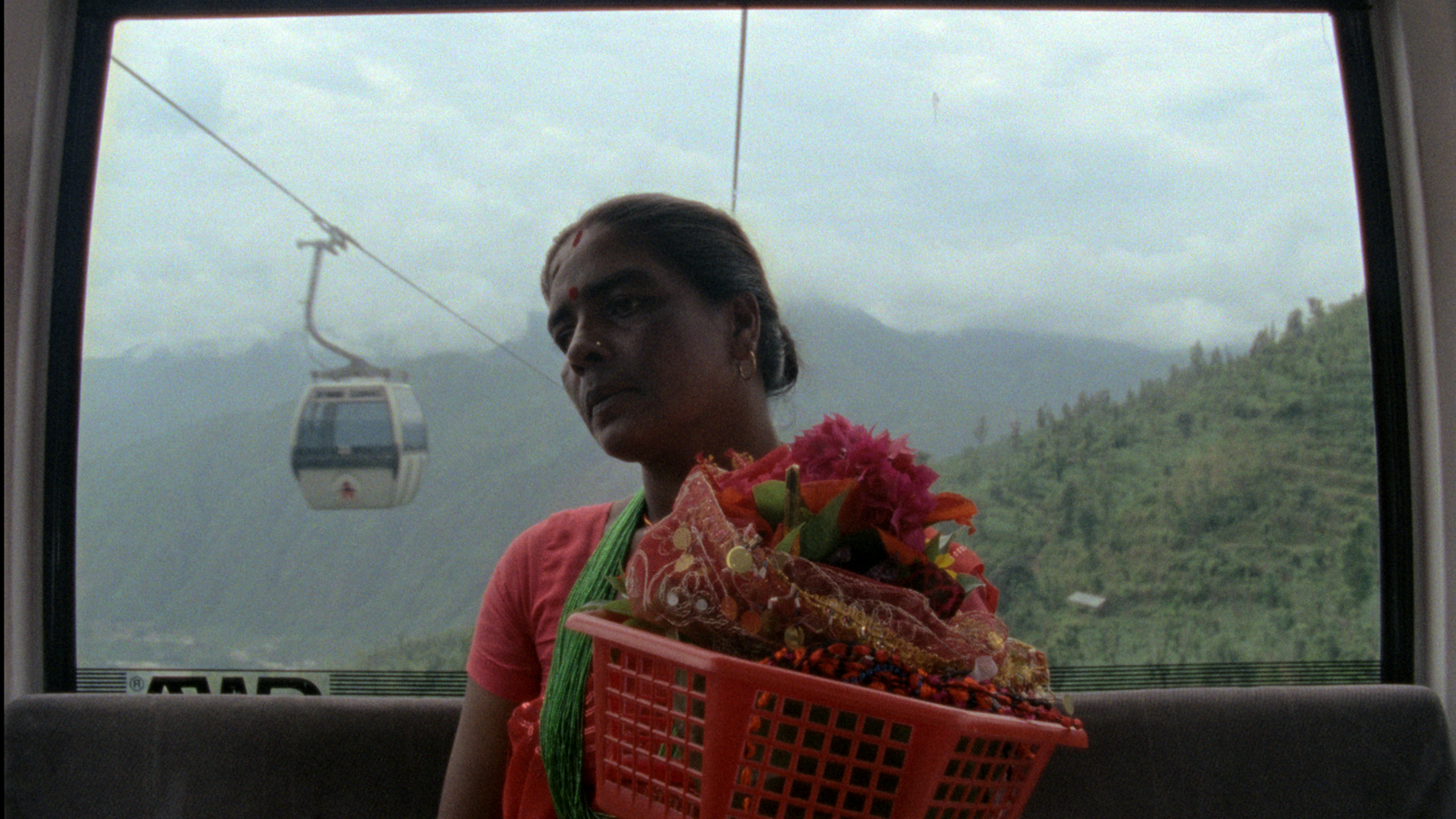
MANAKAMANA
Stephanie Spray and Pacho Velez (U.S. 2013) 118 min. DCP. English and Nepali with English subtitles.
An exhilarating documentary that takes place entirely in the sky, Mankamana transports the viewer high above Nepal’s lush, mountainous landscape, in a cable car carrying pilgrims, villagers and the occasional American tourist to an ancient Hindu temple. Staying entirely inside the cable cars Spray and Velez capture the conversations of its passengers – personal exchanges, anecdotes, shared observations on the landscape below – emerging with a rich, vibrant view of Nepal, a land of ancient traditions and rituals on the brink of a technologically-powered future. Co-sponsored by the Office of International Student Services (ISS) and Students for Asian Awareness at Bucknell (SAAB). The proceeds from this screening will be donated to the earthquake relief and rebuilding efforts in Nepal.
TOP OF PAGE
Tuesday, November 17 at 7pm
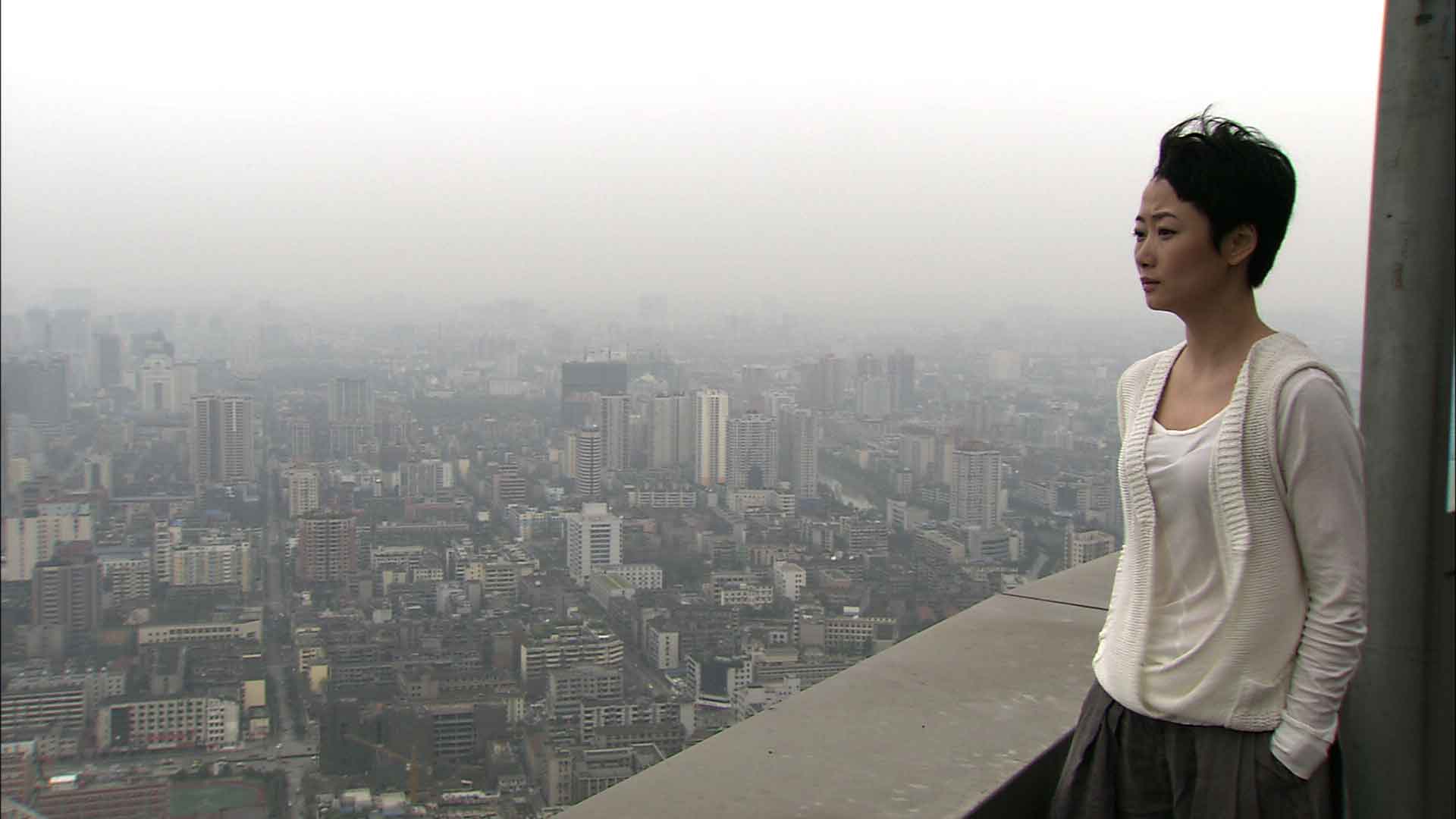
24 CITY
Jia Zhangke (China 2008) 107 min. 35MM. With Joan Chen, Lu Liping, Zhao Tao. In Mandarin with English subtitles.
What do a state owned aeronautics factory and a luxury apartment complex have in common? They form the two-sided coin of Jia Zhangke’s mesmerizing film about postsocialist transitions and futures in Chengdu. Mixing interviews with factory workers and dramatic retellings of worker narratives, Jia manages to bring a disappearing way of life into sharp, melancholic focus. As one critic elegantly puts it, Jia’s film is “one of the saddest films I have seen for many years, and that never-entirely-articulated sense of sadness and loss washes around the screen like a bout of oppressive weather…24 City is an austere kind of realist poetry on screen” (Peter Bradshaw, The Guardian).Co-sponsored by the China Institute at Bucknell University. Introduced by Jason Alley, Postdoctoral Fellow in Anthropology, whose Urban Anthropology course inspired the Cities on Screen series.
TOP OF PAGE
Tuesday, December 1 at 7pm
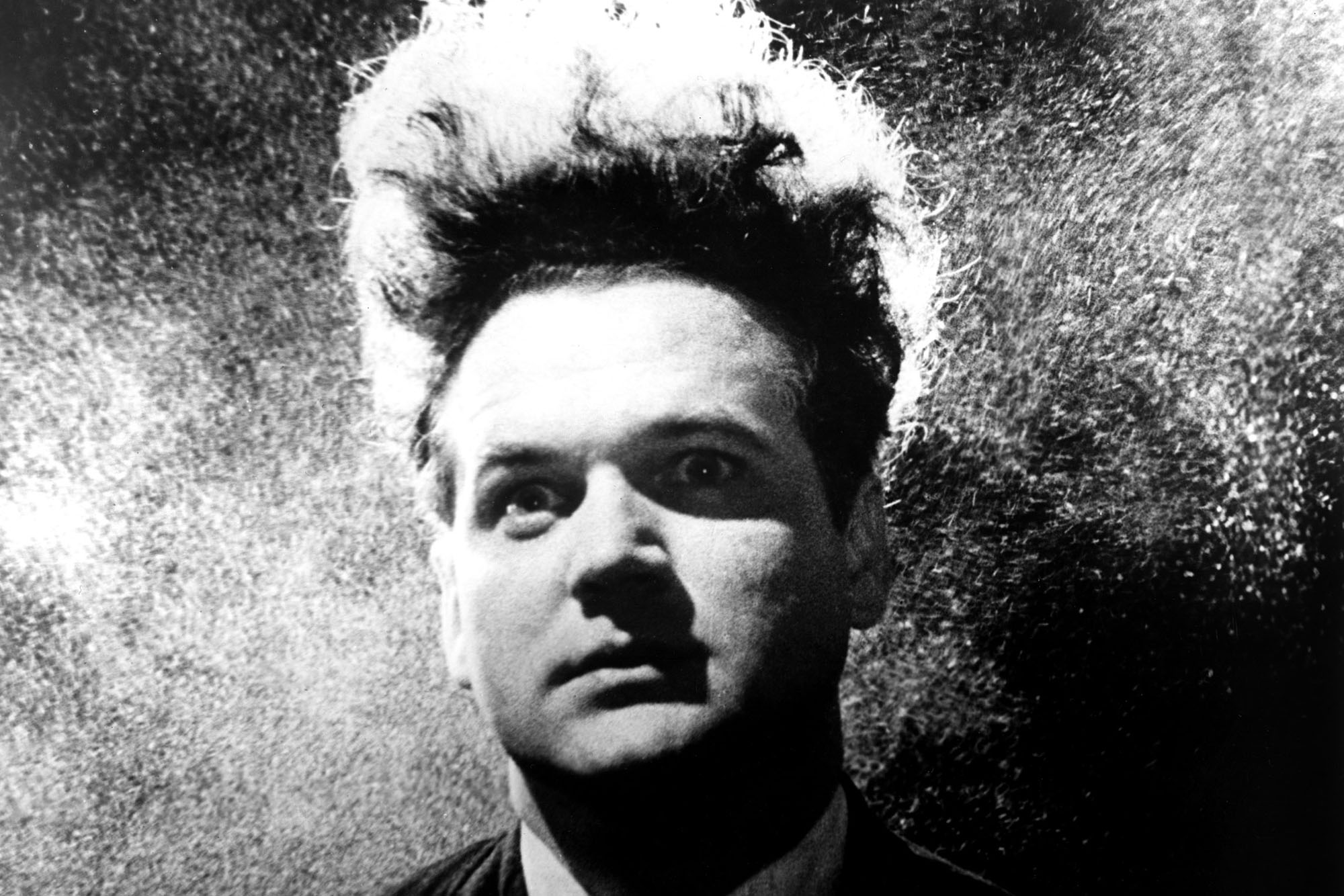
ERASERHEAD
David Lynch (U.S. 1977) 89 min. 35MM. With John Nance, Charlotte Stewart, Allen Joseph.
A self-described “dream of dark and troubling things,” David Lynch’s 1977 debut feature is both a lasting cult sensation and a work of extraordinary craft and beauty. Filmed in a nighttime Los Angeles, Eraserhead is the story of a lonely and preternaturally innocent young man whose girlfriend is pregnant through means that neither can fathom. With its squeam-inducing atmosphere of horror, mesmerizing black-and-white photography by Frederick Elmes and Herbert Cardwell, evocative sound design and unforgettably enigmatic performance by Jack Nance, this visionary nocturnal odyssey continues to haunt American cinema like no other film.
TOP OF PAGE
Tuesday, December 8 at 7pm
FALL 2015 STUDENT SHOWCASE
Please join us for Bucknell’s end-of-semester student film screening. Students enrolled in “Introduction to Film/Media Production” will be sharing the world premiere unveiling of their final films with the Lewisburg and Bucknell community. A range of approaches and topics are explored in these short form videos.
